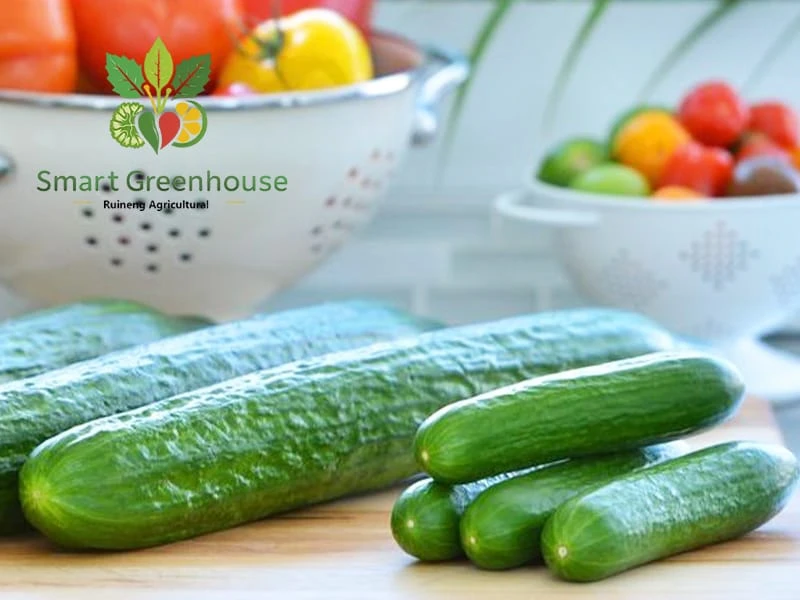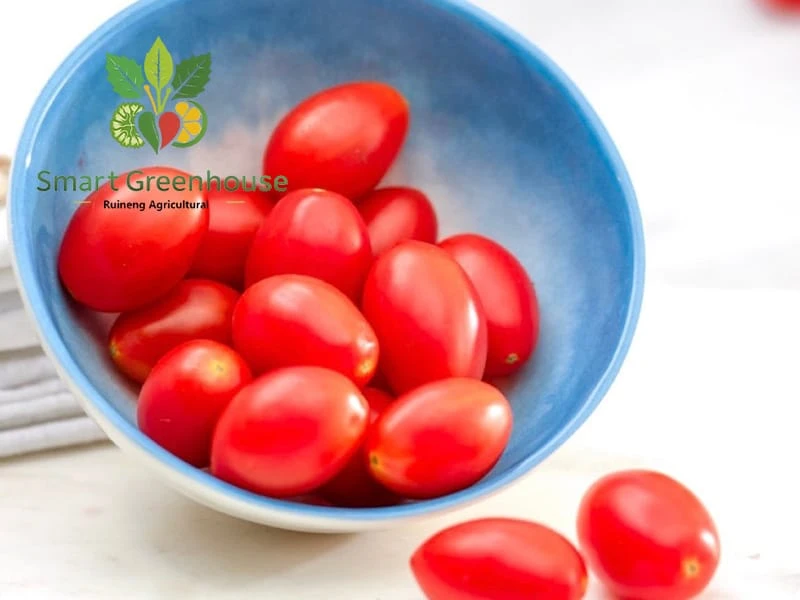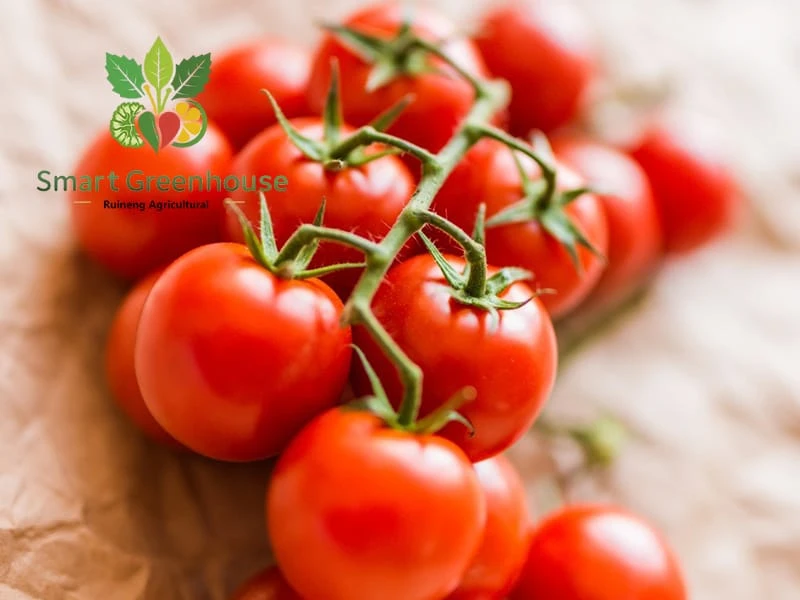A Fruit Planting Greenhouse is a specialized agricultural structure designed to create an optimal environment for growing a variety of fruit crops. These greenhouses provide controlled conditions that enhance fruit quality, extend the growing season, and protect plants from adverse weather and pests. They are ideal for cultivating fruits that require specific temperature, humidity, and light conditions, ensuring consistent yields and high-quality produce.
Climate Control: Regulates temperature, humidity, and ventilation to create ideal growing conditions.
Light Management: Utilizes transparent covers and shading systems to optimize light exposure.
Protection from Elements: Shields fruit plants from wind, rain, frost, and extreme temperatures.
Pest and Disease Control: Reduces exposure to pests and diseases through controlled access and environment.
Customizable Layout: Available in various sizes and configurations to suit different needs.
Extended Growing Season: Allows for year-round cultivation and early harvesting.
Improved Fruit Quality: Consistent environmental conditions result in larger, more flavorful fruits.
Increased Yields: Controlled conditions maximize plant health and productivity.
Reduced Chemical Use: Minimizes the need for pesticides and herbicides.
Space Efficiency: Can be designed for vertical or multi-tiered growing to maximize space.
Versatility: Suitable for a wide range of fruit crops, including strawberries, tomatoes, peppers, and more.

Commercial Fruit Production: Ideal for large-scale cultivation of high-value fruit crops.
Urban and Backyard Gardening: Perfect for small-scale growers and hobbyists with limited space.
Educational Institutions: Used for teaching sustainable agriculture and horticulture.
Farmers' Markets and Local Producers: Provides a reliable source of fresh, high-quality fruit.
Research and Development: Suitable for experimenting with new fruit varieties and growing techniques.


| Specification Item | Data |
|---|---|
| Width | 6-12 meters |
| Length | Customizable (typically 20-50 meters) |
| Height | 3-6 meters |
| Frame Material | Galvanized steel, aluminum, or PVC |
| Cover Material | UV-stabilized polyethylene film, polycarbonate sheets, or glass |
| Temperature Range | Daytime: 20-30°C (68-86°F); Nighttime: 15-20°C (59-68°F) |
| Humidity Control | 60-70% |
| Ventilation | Roof vents, side vents, and exhaust fans |
| Light Transmission | 80-90% (depending on cover material) |
| Irrigation System | Drip irrigation or overhead misting |
| Heating Method | Electric, hot water, or hot air heating |
| Cultivation Methods | Soil-based, hydroponic, or vertical growing |
Regular Monitoring: Use thermometers, hygrometers, and light meters to track environmental conditions.
Ventilation Management: Ensure proper airflow to prevent fungal diseases and maintain humidity levels.
Pest Control: Regularly inspect plants for pests and use organic controls to minimize chemical use.
Light Management: Adjust shading and artificial lighting as needed to optimize light exposure.
Sanitation: Keep the greenhouse clean to prevent the spread of diseases.
Soil Management: Use high-quality soil and rotate crops to avoid soil-borne diseases.
Pollination Assistance: Use small fans or manual shaking to aid pollination for fruit set.
To design a Fruit Planting Greenhouse tailored to specific needs, customers should provide the following information:
1. Local Climate Conditions: Average temperature, humidity, rainfall, and wind speed.
2. Intended Fruit Varieties: Specific types of fruits to be grown, as different species have varying environmental requirements.
3. Site Conditions: Available space, sunlight exposure, and soil quality.
4. Budget and Timeline: Financial constraints and desired installation schedule.
5. Production Goals: Whether for commercial production, hobby gardening, or educational purposes.
By providing this information, customers can ensure that their Fruit Planting Greenhouse is optimized for their specific needs and local conditions, maximizing efficiency and yield while producing high-quality fruit